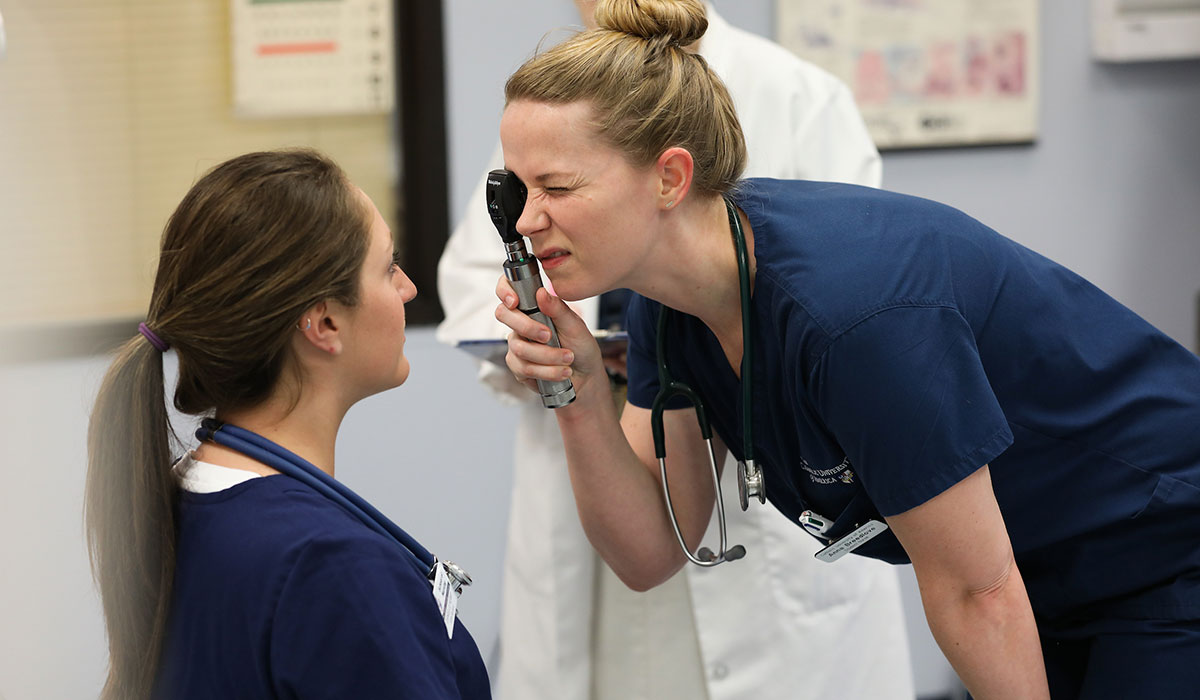Classes are Available Online or on Campus in Washington DC
The Conway School of Nursing at Catholic University is built on the dual desires to serve and to heal. Our top priority is educating expert clinicians and fostering innovative nurse-scientists. With a history that has seen our students become leaders and experts in their fields, we aspire to continue that trend with the next generation of nurses.
Elevate your academic journey this summer with our selection of popular courses. We offer a variety of classes designed to cater to your diverse interests and goals. Whether you're looking to accelerate your degree, explore new subjects, or catch up on prerequisites, our summer sessions courses are the perfect choice.
Enrolling in our summer courses is a straightforward process:
- Browse our course catalog to discover the courses that align with your academic goals or explore our featured courses below.
- Review course details, including professors, schedule, and modality.
- Register for your chosen course(s) through our online portal.

